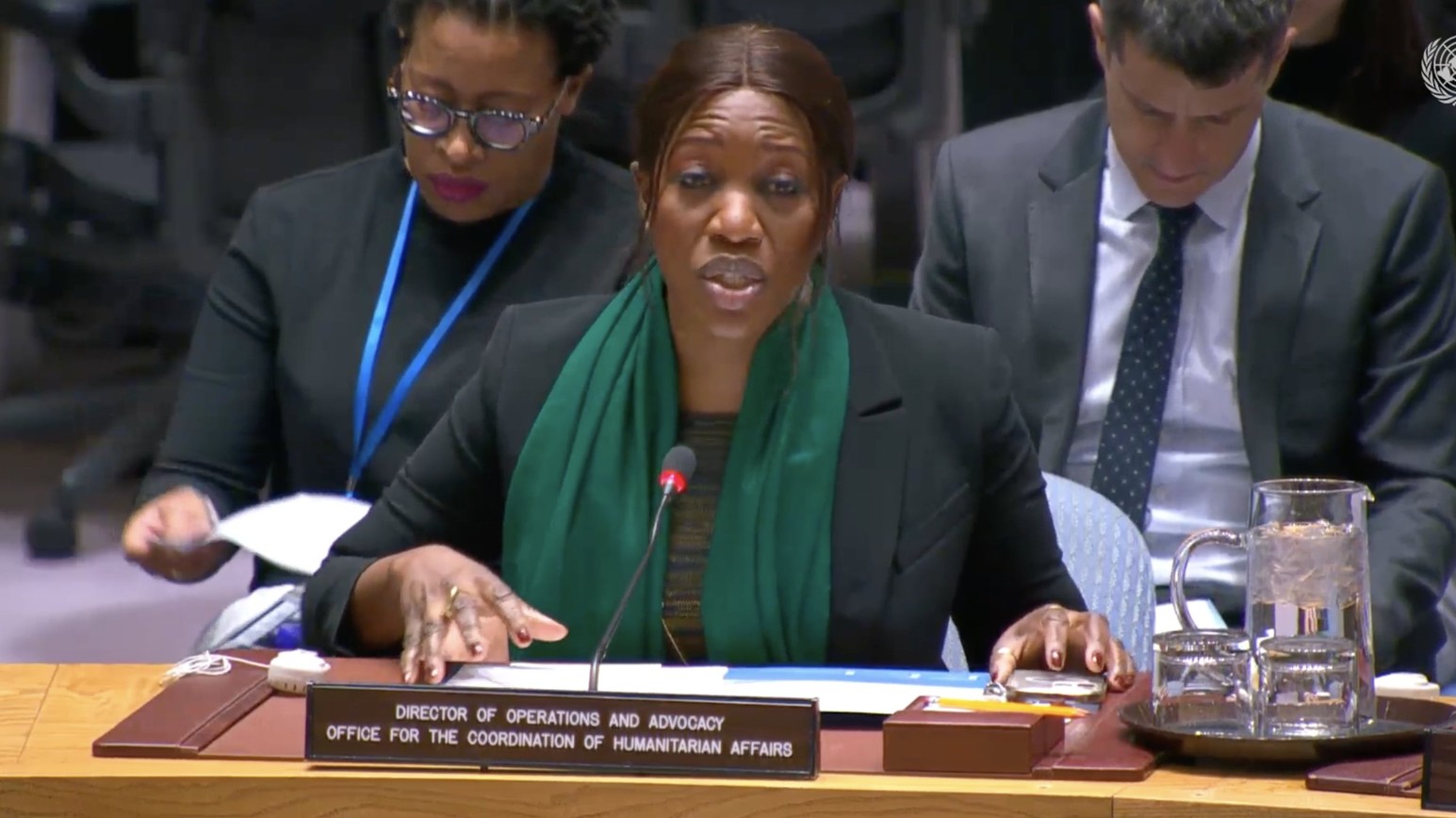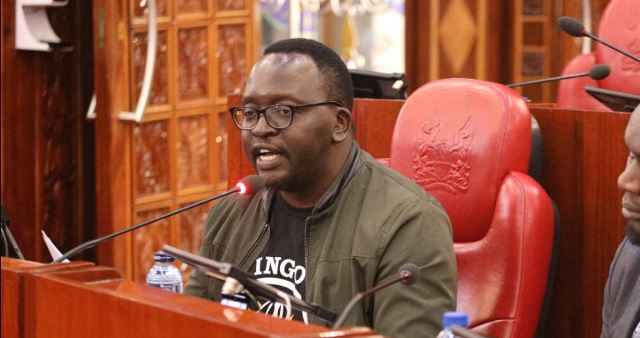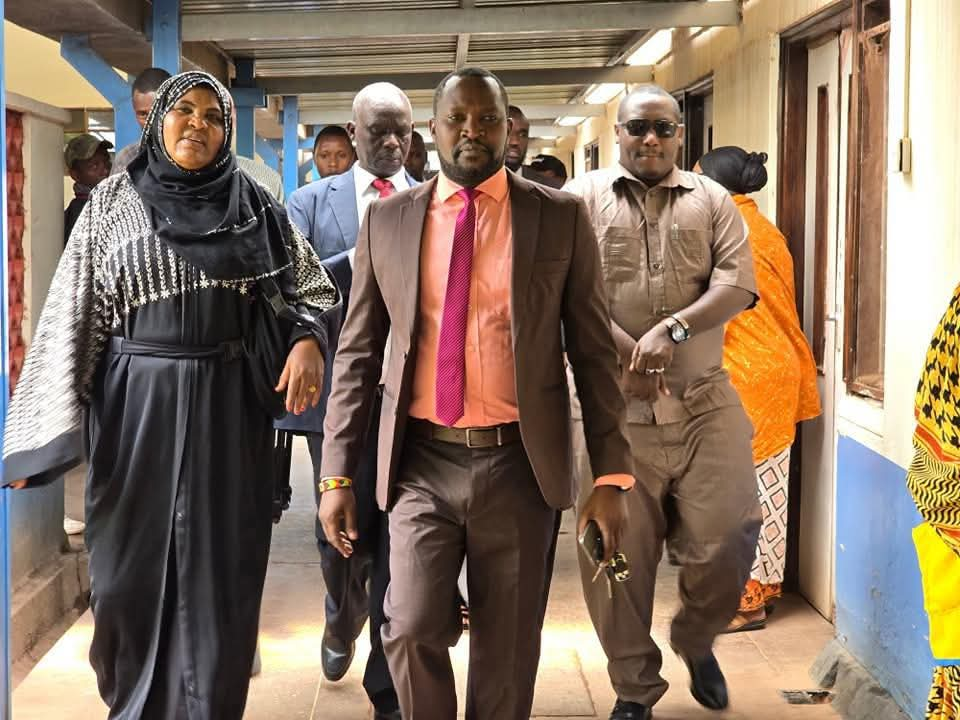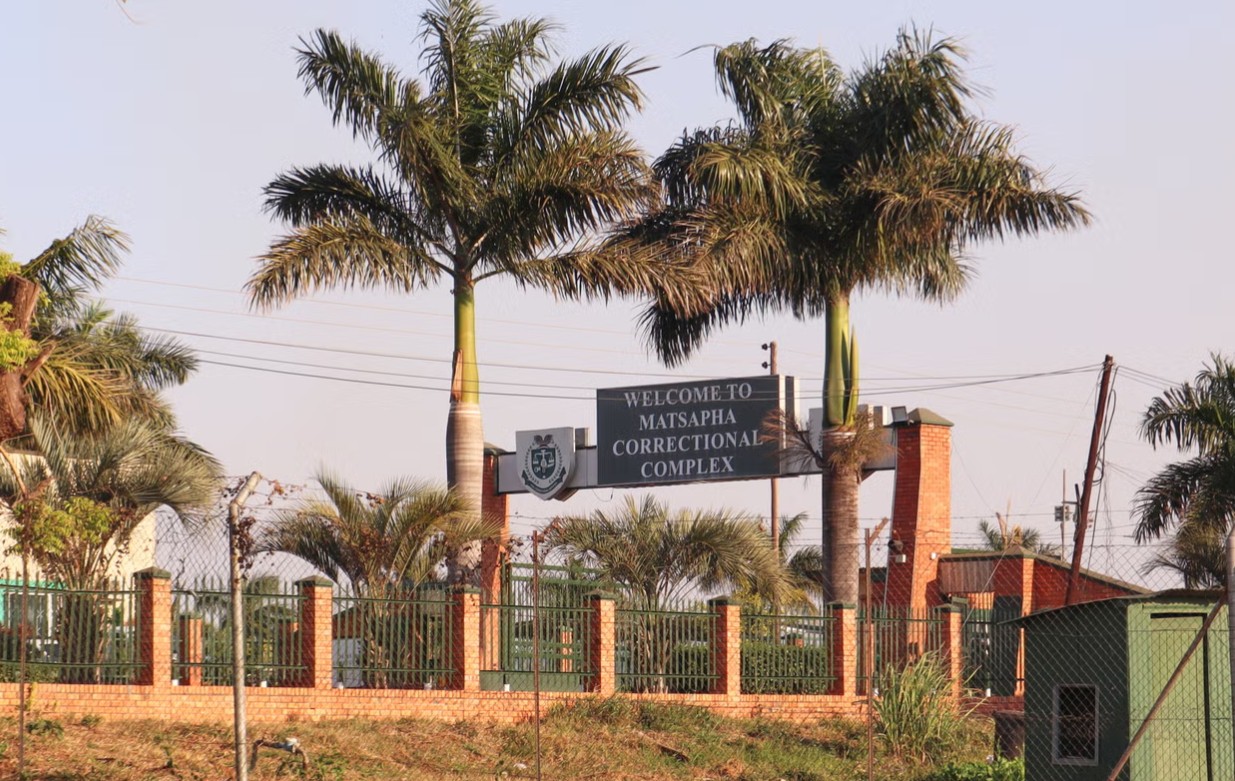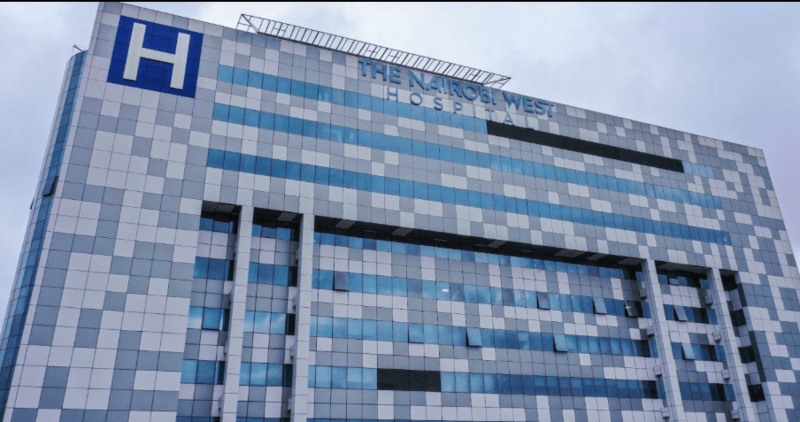Kenya to review Special Economic Zones framework to end abuse by real estate developers
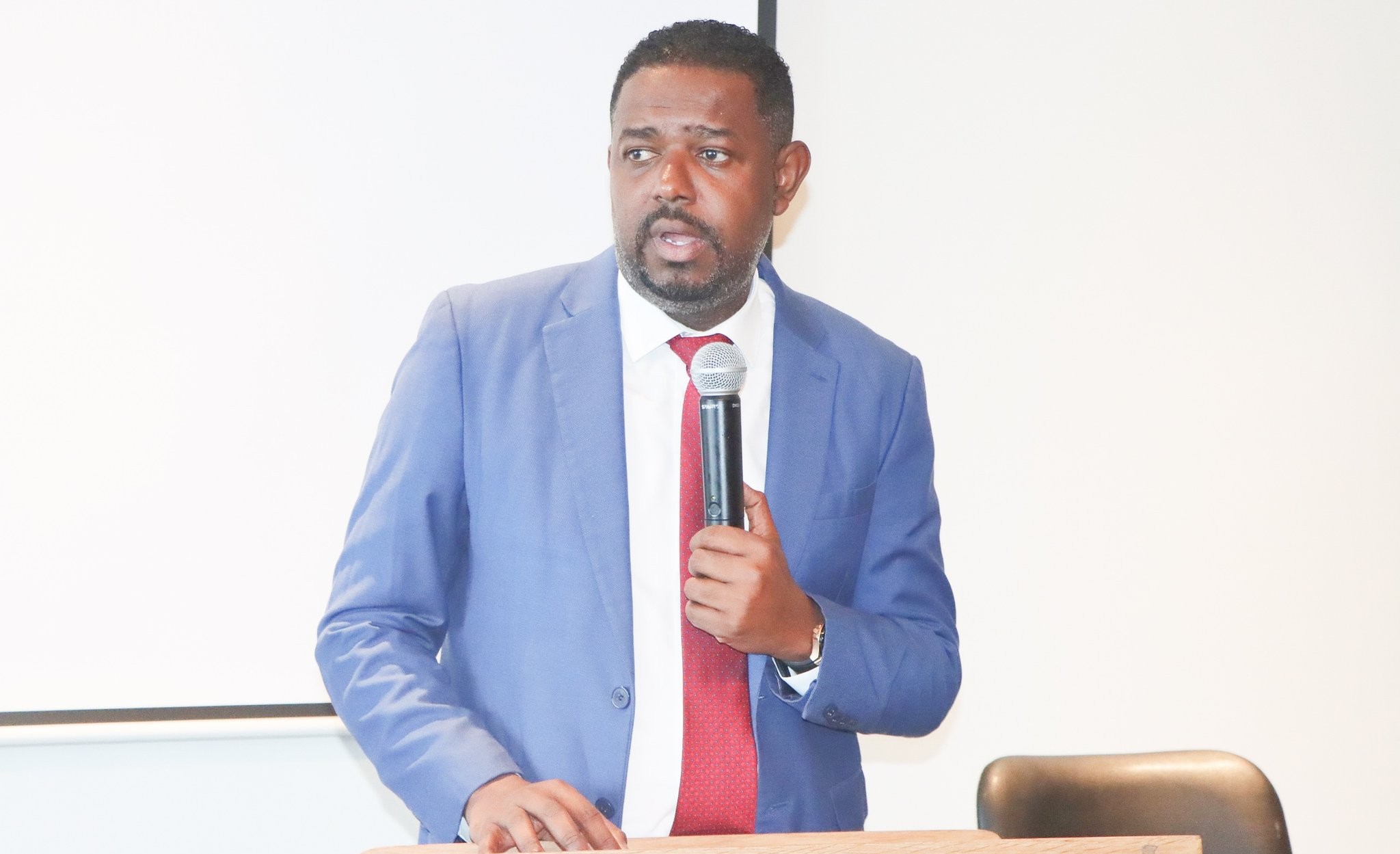
Officials argue that speculative real estate projects are exploiting the SEZ programme, potentially undermining its primary purpose of fostering industrial and service growth.
The government has unveiled plans to review the Special Economic Zones (SEZs) framework by removing tax and housing incentives from developers putting up projects not directly serving employees of enterprises within the zones.
According to Investment Promotion Principal Secretary Abubakar Hassan Abubakar, changes proposed in the Business Laws (Amendment) Bill, 2025, will ensure that only staff housing tied to SEZ enterprises qualifies for fiscal benefits.
More To Read
- Olkaria made a Special Economic Zone to boost industrialisation
- Nairobi Muslim business community explores investment opportunities in Tatu City
- Vipingo Free Trade Zone set to transform Kilifi's Economy - Ruto
- India's Adani Group billionaire Gautam Adani charged in US with bribery
- Kenya, Japan ink deal to enhance water, road networks in Dongo Kundu Special Economic Zone
- PM Abiy launches Gada Special Economic Zone poised to boost Ethiopia economy
“We have seen residential buildings coming up in some SEZs, but our position is that such developments should not enjoy SEZ incentives unless they are meant to accommodate employees working within the zone,” Abubakar said.
Officials argue that speculative real estate projects are exploiting the SEZ programme, potentially undermining its primary purpose of fostering industrial and service growth.
The new law will therefore safeguard incentives, ensuring they remain focused on enterprises that create jobs and boost investment.
The Bill sets out five key reforms to guide the SEZ regime. These include removing benefits from speculative housing projects, providing clarity on tax stability for investors, admitting specialised training institutions, opening up space for Business Process Outsourcing (BPO) companies, and extending capital gains tax exemptions.
Speaking during the commissioning of the Kifaru Exim SEZ at Tatu City, which is the first to focus on SMEs, PS Abubakar said the government wants more local investors to benefit from the programme through the SEZA Authority.
“This investment solves a critical challenge for SMEs by providing ready industrial spaces and linking them to fiscal incentives available in SEZs. It marks a turning point in building our industrial base and creating jobs for Kenyans,” he said.
He explained that 15 major changes have already been made in the last three years to strengthen the programme.
The new proposals are expected to expand opportunities for BPOs and training institutions, while also giving investors certainty about the incentives available.
“The President has directed us to keep refining the SEZ framework to make it globally competitive. Stability of incentives, industrial spaces, and access to financing remain our priority areas,” Abubakar said.
Kenya Association of Manufacturers CEO Tobias Alando welcomed the Sh500 million Kifaru Exim facility, calling it a major boost that will accelerate the country’s industrial growth and provide opportunities for SMEs.
Other Topics To Read
- Headlines
- Special Economic Zone
- Dongo Kundu Special Economic Zone
- Gada Special Economic Zone
- Adani Ports and Special Economic Zone
- Business Laws (Amendment) Bill 2025
- Investment Promotion Principal Secretary Abubakar Hassan Abubakar
- Kenya to review Special Economic Zones framework to end abuse by real estate developers
- Business
Top Stories Today





